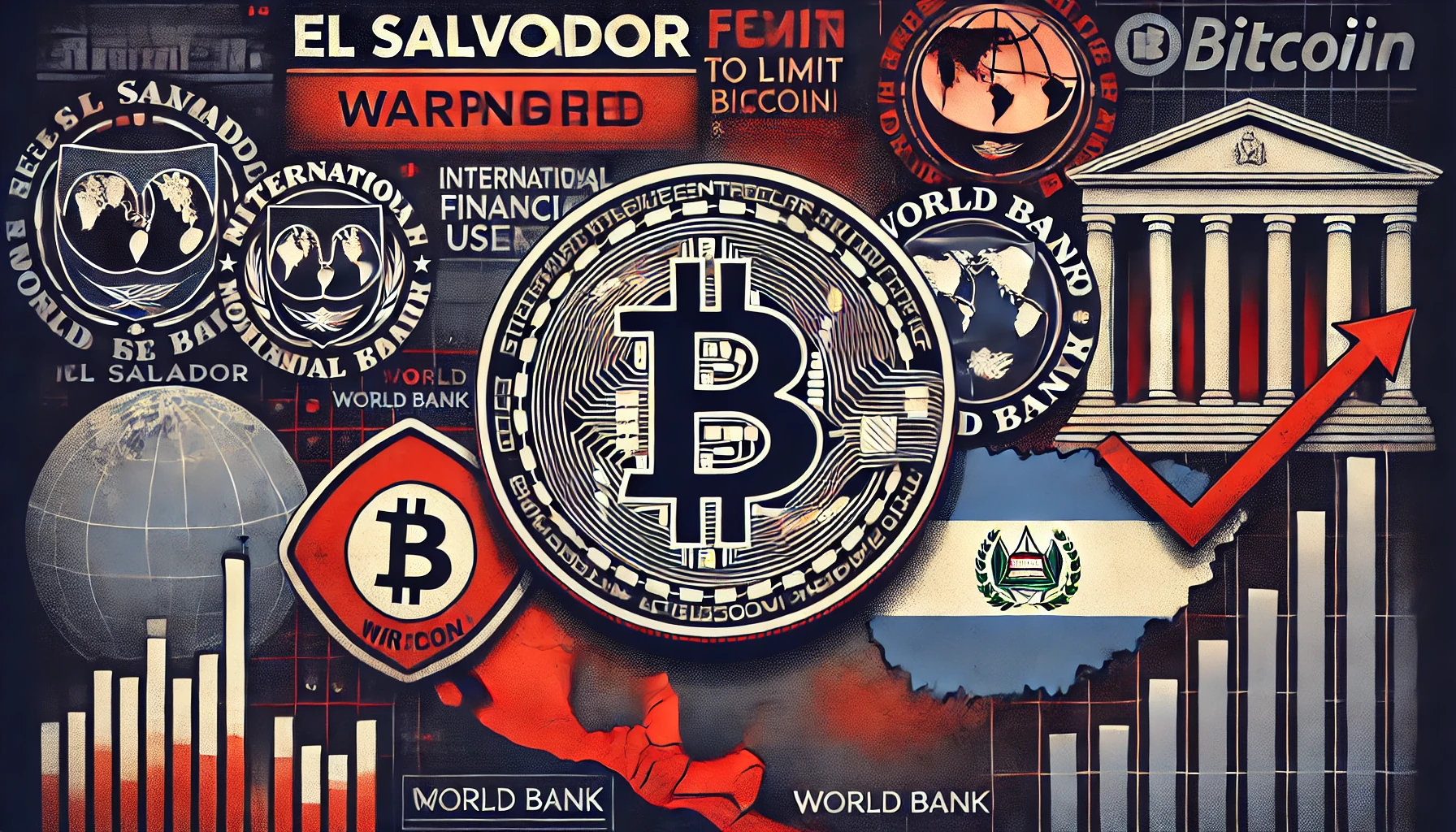ARTICLE AD BOX

- Samson Mow highlights global pressures on Bitcoin adoption; El Salvador faces challenges from IMF and World Bank.
- Mow discusses potential Bitcoin reserve in Suriname; World Bank meetings may have stalled national adoption plans.
Recently, discussions have surfaced about various nations, including the United States, considering the inclusion of Bitcoin in their national reserves. This development could potentially encourage other countries to adopt Bitcoin more broadly.
Samson Mow, CEO of Jan3, has been vocal about the pressures El Salvador is facing to limit Bitcoin usage, particularly from international financial bodies like the IMF and the World Bank, As we reported on Crypto News Flash. Mow’s insights reveal a broader narrative of traditional financial institutions potentially viewing Bitcoin as a threat to the status quo of fiscal dependency and debt reliance among developing nations.
“After seeing this kind of anti-bitcoin pressure being exerted in El Salvador, it is clear that there are also covert operations to subvert its adoption by nation-states.” – Samson Mow, CEO of Jan3.
During a recent interaction with the Central Bank of Suriname, Mow noted the bank’s interest in adding Bitcoin to its financial reserves. However, subsequent discussions with representatives from the World Bank reportedly stalled these plans. Mow suggests that this is part of a larger effort to keep certain nations within a cycle of debt and dependency on traditional financial systems.
The community on X, has responded vigorously to these developments. Users express strong support for El Salvador’s pioneering move to adopt Bitcoin as legal tender, viewing it as a crucial stand against traditional financial hegemony.
After seeing this sort of overt anti-Bitcoin pressure being exerted on El Salvador, you should understand that there are covert operations to subvert nation-state #Bitcoin adoption too.
As an example, @JAN3com made headway on discussions to have the Central Bank of Suriname add… https://t.co/HSyv6blLMi
— Samson Mow (@Excellion) October 4, 2024
Despite ongoing controversies, the idea that more countries might include Bitcoin in their reserves is gaining traction. Notably, U.S. presidential candidate Donald Trump has mentioned the possibility of maintaining around 200,000 bitcoins as part of a strategic national reserve if elected in November. Furthermore, U.S. Senator Cynthia Lummis has proposed legislation to establish a national Bitcoin reserve, highlighting the growing interest within political circles.
Critics, however, remain skeptical. Saifedean Ammous, an advisor to the government of El Salvador, has dismissed some of these promises as impractical. Yet, it’s undeniable that various countries control a significant portion of Bitcoin’s supply, either through seizures from illegal activities or through national mining operations.
Countries like Suriname and the United States continue to show interest in integrating Bitcoin into their national reserves, reflecting a potential shift towards broader acceptance of cryptocurrencies as a legitimate and strategic asset.
.png)
 1 month ago
3
1 month ago
3








 English (US)
English (US)